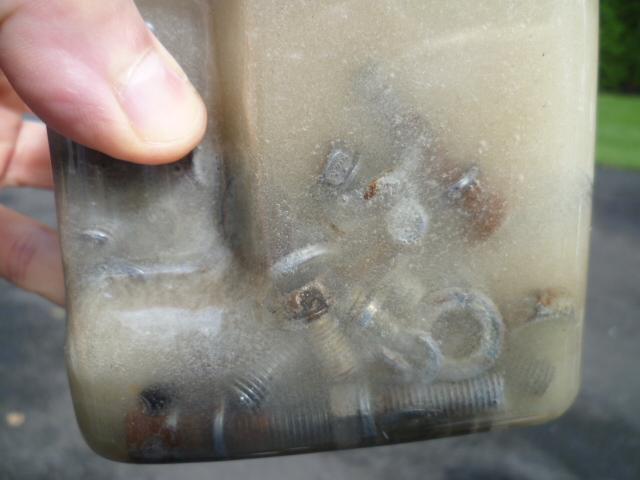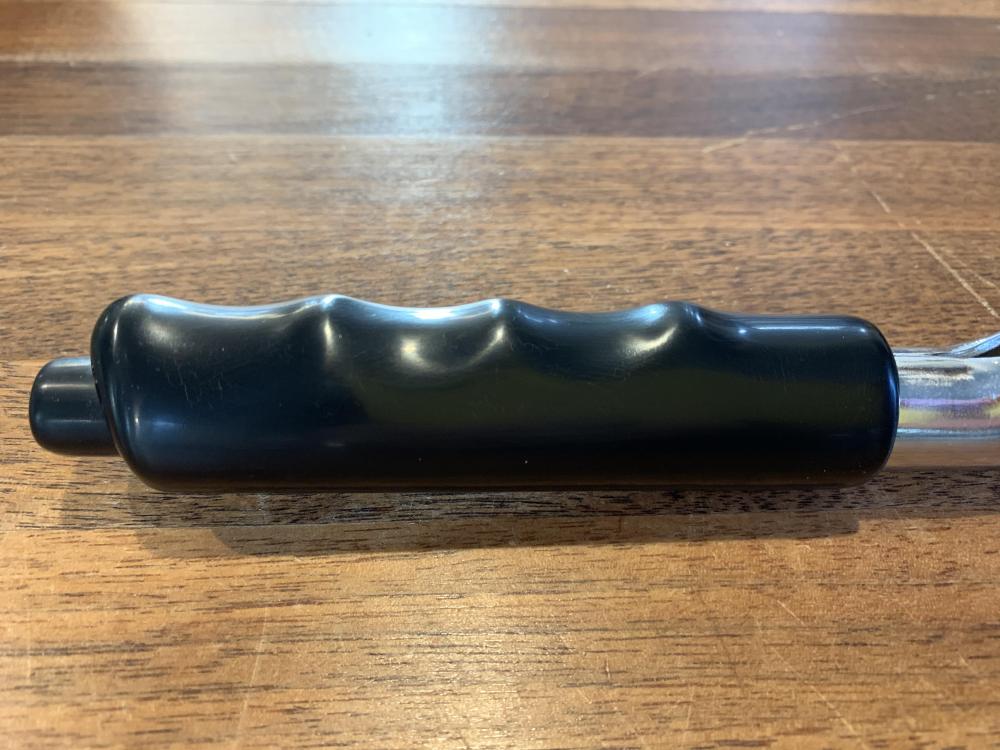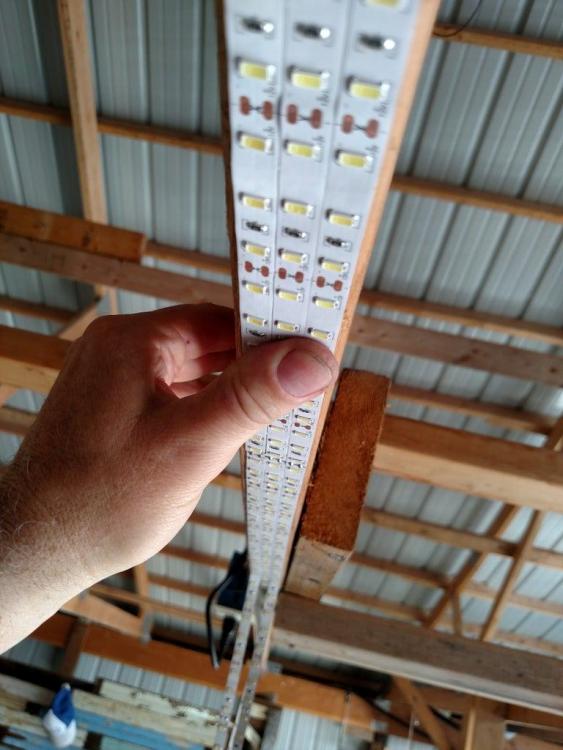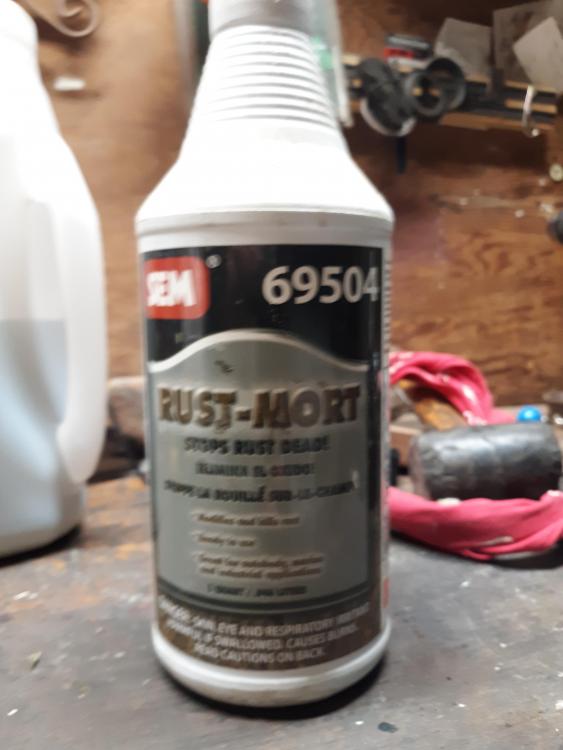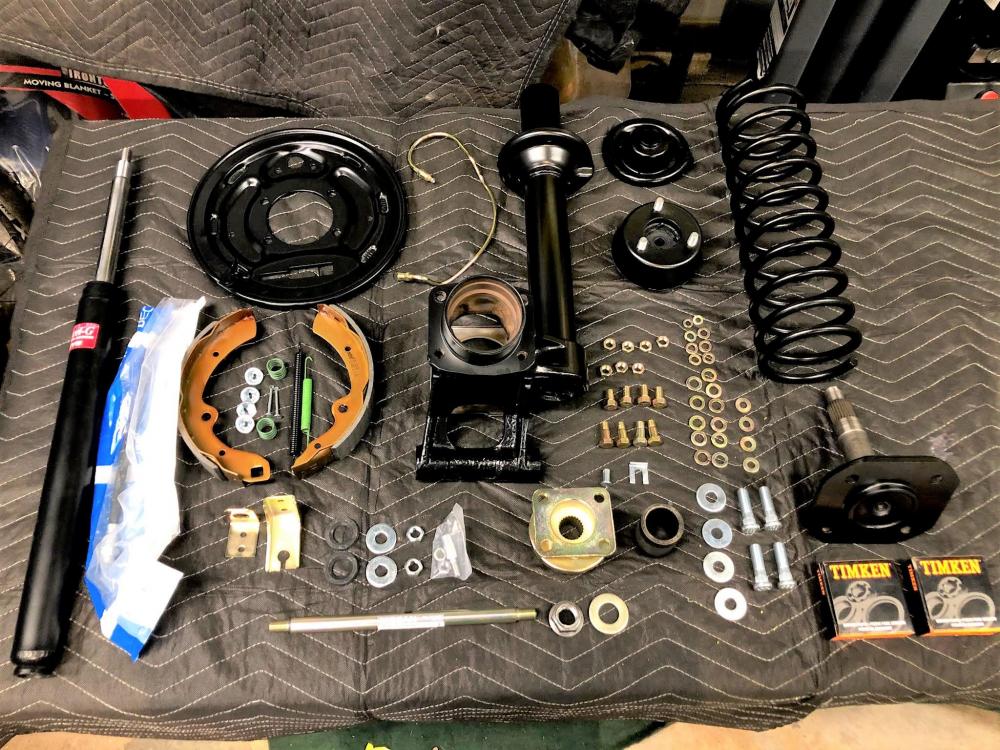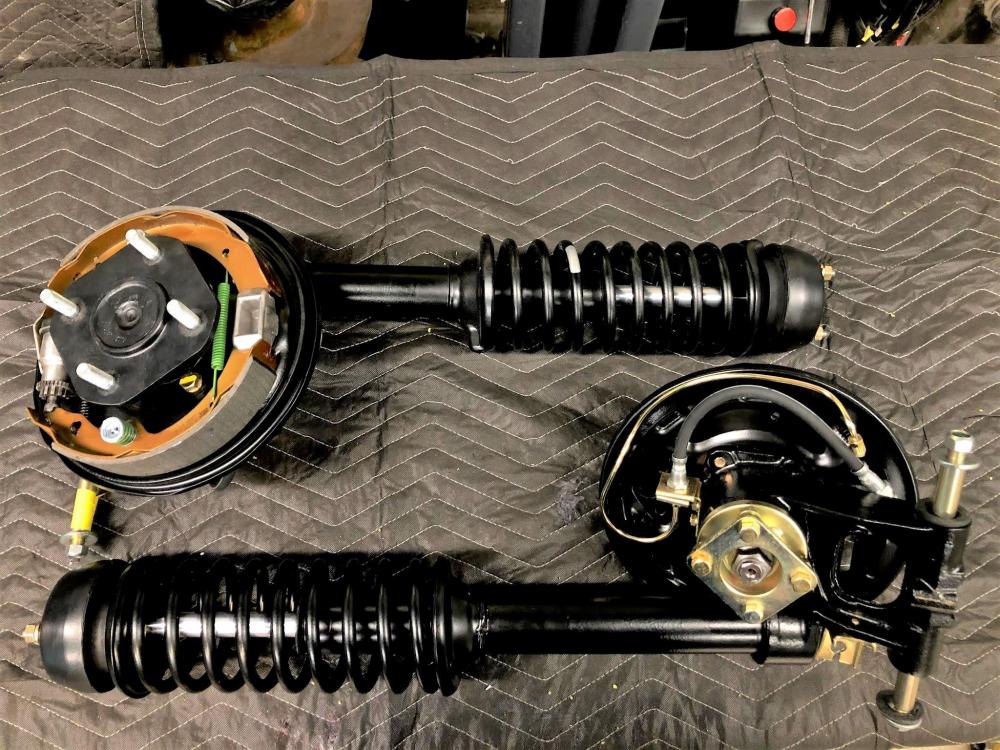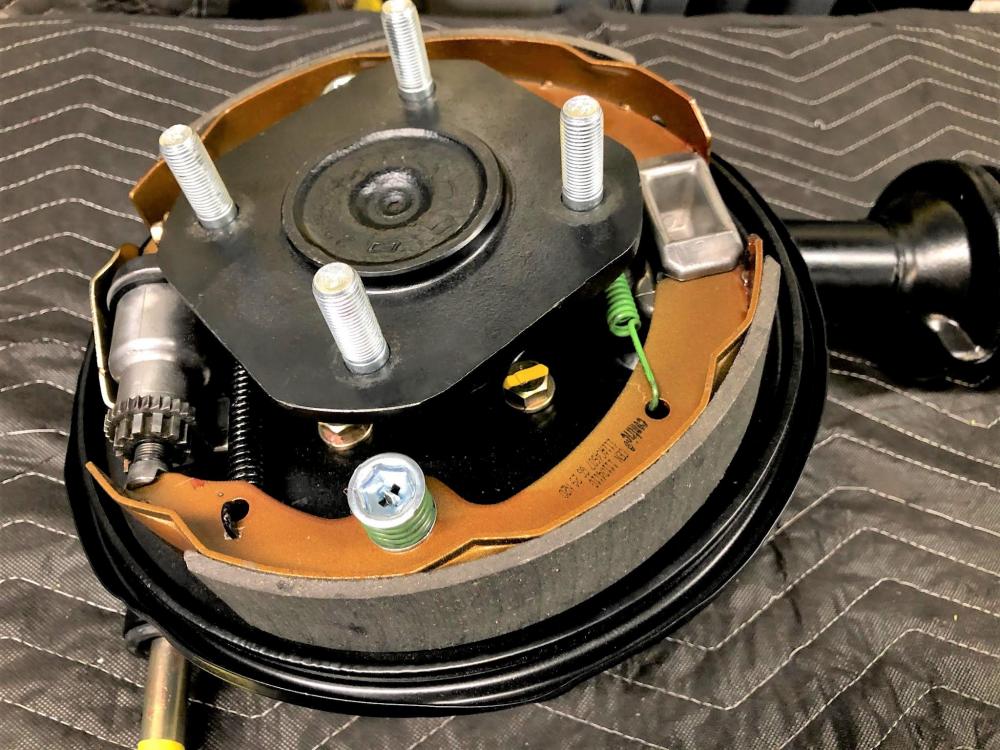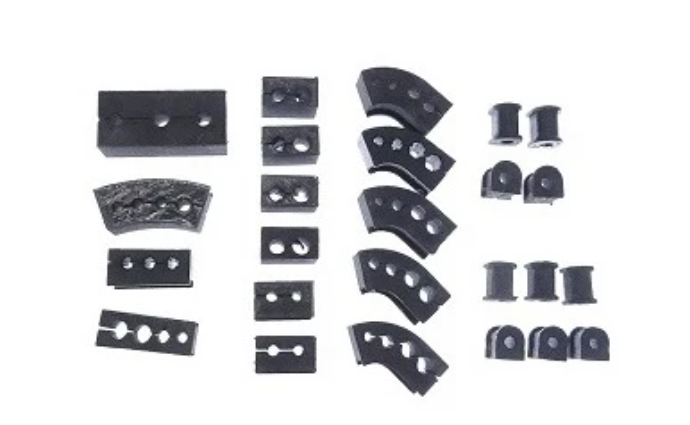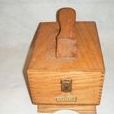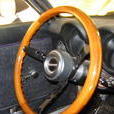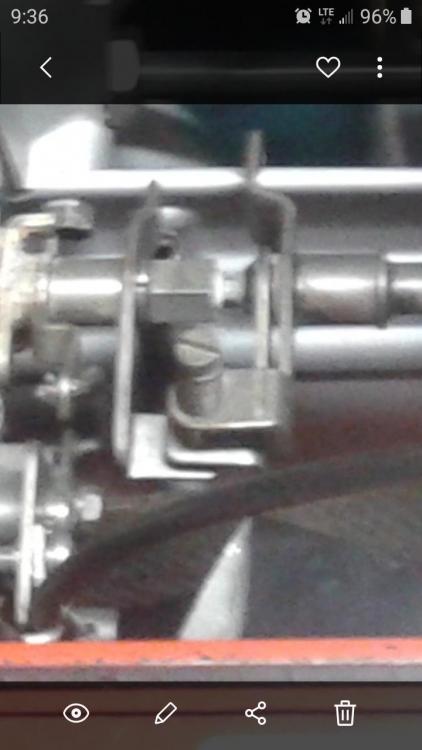That's a trick used with acetic acid to speed up the reaction. Apparently acetic acid works better than citric (but it stinks) and the addition of salt makes it work even faster. So fast, in fact, that they warn you not to put anything aluminum in the solution because it will be damaged. I don't know for positive sure if it has the same effect with citric, but like Granny, I did the same and added a little bit to my mix. I figured it wouldn't hurt, and may help.
From what I understand, the citric does not convert the rust to anything, but it is "chelated" instead. And my (quite limited) understanding of the whole thing goes like this...
Rust is not normally soluble in water, but additions of certain additives (like these mild acids) make it so that rust IS slightly soluble in the solution. I think that makes the acid additions to the water "chelating agents". So once you add citric acid to the water, rust becomes slightly soluble and "washes" off the parts. Doesn't happen quickly, but it happens.
So back to my very limited understanding... There are several different combinations of iron and oxygen that can be called "rust", and the addition of salt changes the ionic characteristics of the solution and makes a broader range of them soluble. So in other words, "a wider range of rust types are soluble".







